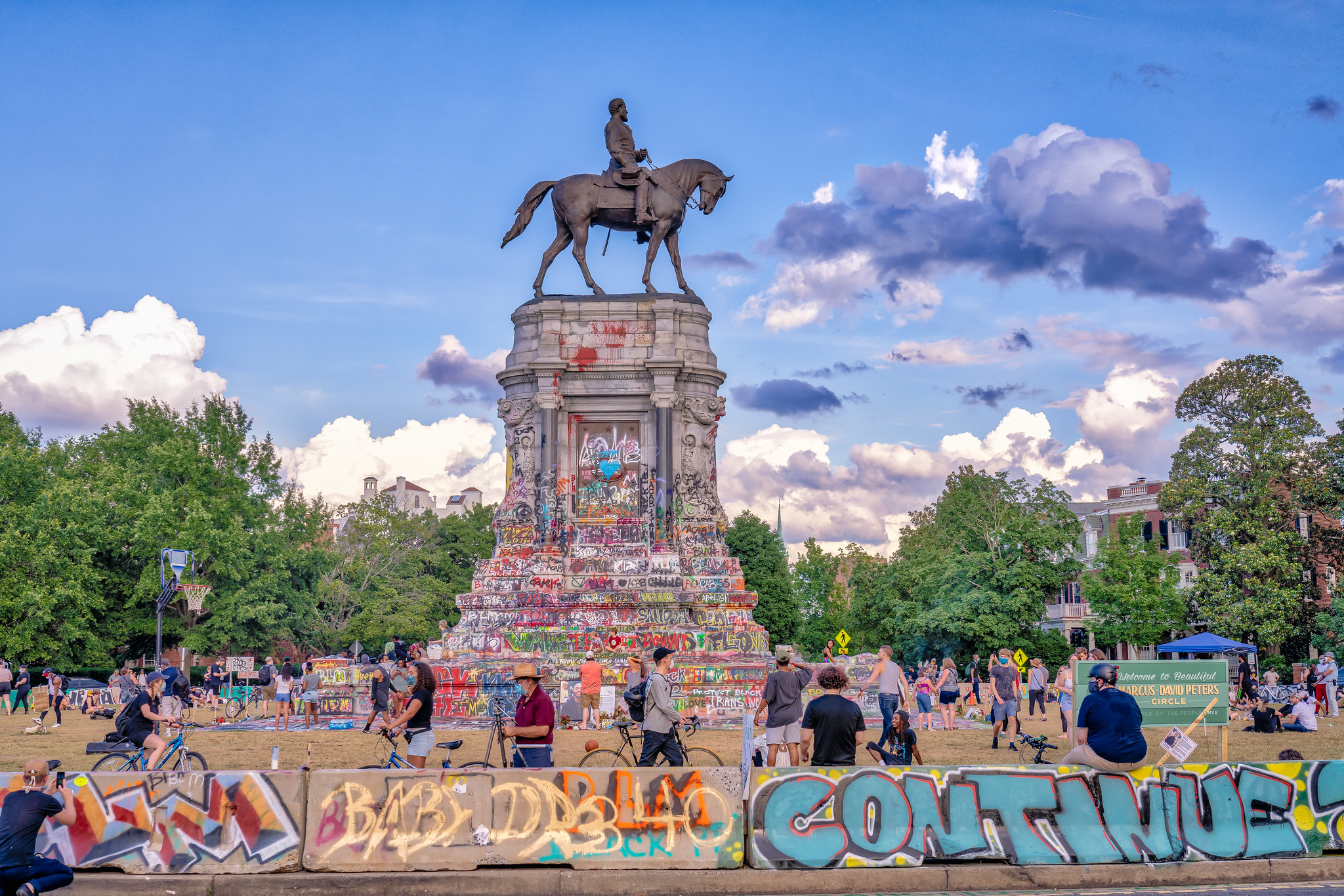By targeting monuments that celebrate historic figures who actively contributed to institutional racism and the oppression of marginalised peoples, Black Lives Matter and others have implicitly questioned the way collective memory is fashioned.
Protests of this kind are an effective communication strategy for challenging political, social, and developmental injustices. As Elie Wiesel famously said: “There may be times when we are powerless to prevent injustice, but there must never be a time when we fail to protest.”
Collective memory encompasses both products (e.g. books and statues) and practices (e.g. commemoration and denial). For some, this is a matter of heritage, patrimony, and national identity. For others, it becomes manipulation, cultural invasion, and oppression.
Many countries have actively responded to claims of systemic injustice. Post-apartheid South Africa was one of the first to set up a truth and reconciliation commission, followed by several post-dictatorship countries, notably in Latin America. Both Canada and Australia are still working on reconciliation with Indigenous peoples.
Efforts also continue at the local level in Canada. In Kingston, Ont. the statue of Sir John A. Macdonald, Canada’s first prime minister, was removed from its stone pedestal at City Park last June. Kingston Council voted to move the statue to the cemetery where Macdonald is buried, “after many in the community objected to its presence because of Macdonald’s role in the residential school system” as reported by the CBC.
A month later, Toronto City Council voted to rename Dundas Street and other civic assets that bear the name, in response to a petition signed last year by nearly 14,000 people and following a series of Black Lives Matter protests. The street was named for Henry Dundas, who has been associated with the Trans-Atlantic slave trade.
Such actions — public acknowledgement of crimes, transitional justice, and reparations — help build greater awareness of the issues at stake.
Contentious as they are, renaming streets, removing statues, repatriating museum holdings are to a certain extent cosmetic unless deeper problems are addressed. Racism, patriarchy, and misogyny embedded in social and cultural systems and structures — including language — have all shaped collective memory and attitudes.
It is heartening, therefore, when an international official speaks up publicly to condemn injustice and when public service media report the story in full. In July 2021, Valentin Inzko, the outgoing head of Bosnia’s Office of the High Representative (OHR) outlawed denial of genocide in Bosnia to counter attempts by the country’s Serbs to deny the scope of the 1995 massacre in Srebrenica — Europe’s only post-1945 genocide.
The OHR is the international body overseeing implementation of the peace agreement that ended the 1992-95 war in Bosnia. It has the authority to impose decisions or dismiss officials who undermine reconciliation efforts among the country’s different ethnic groups, especially its Bosniaks, who are predominantly Muslim.
As reported in The Guardian, Inzko decided to use his powers after Bosnia’s politicians failed to act, citing in particular a refusal by the Bosnian Serb assembly to withdraw decorations awarded to three convicted war criminals, including the country’s former wartime leader Radovan Karadžić, later convicted of genocide and sentenced to life imprisonment.
In response to Inzko’s action, Bosnian Serb politicians began boycotting Bosnia’s multi-ethnic state institutions, effectively preventing them from functioning.
Even so, we see that public communication of protest, criticism, and ways of affirming human dignity can play a vital part in restoring a sense of justice to history.
Philip Lee is WACC general secretary and editor of its international journal Media Development. His edited publications include The Democratization of Communication (1995), Many Voices, One Vision: The Right to Communicate in Practice (2004); Communicating Peace: Entertaining Angels Unawares (2008); and Public Memory, Public Media, and the Politics of Justice (ed. with Pradip N. Thomas) (2012). WACC Global is an international NGO that promotes communication as a basic human right, essential to people’s dignity and community.
Image: Mobilus in Mobil/Flickr



